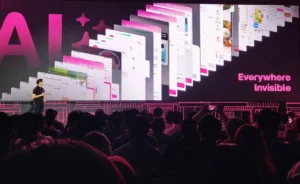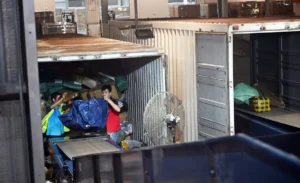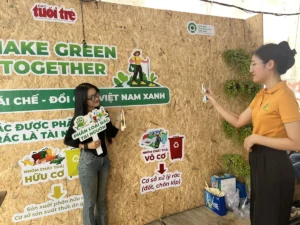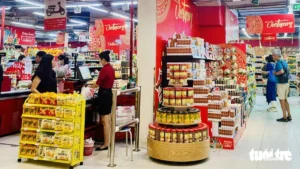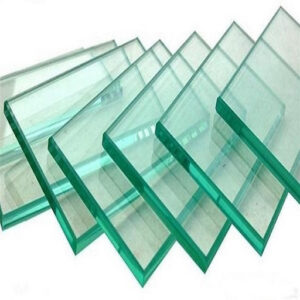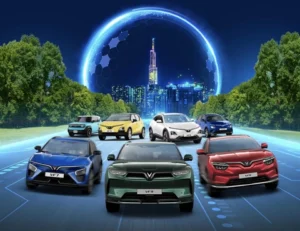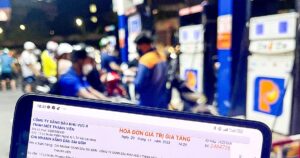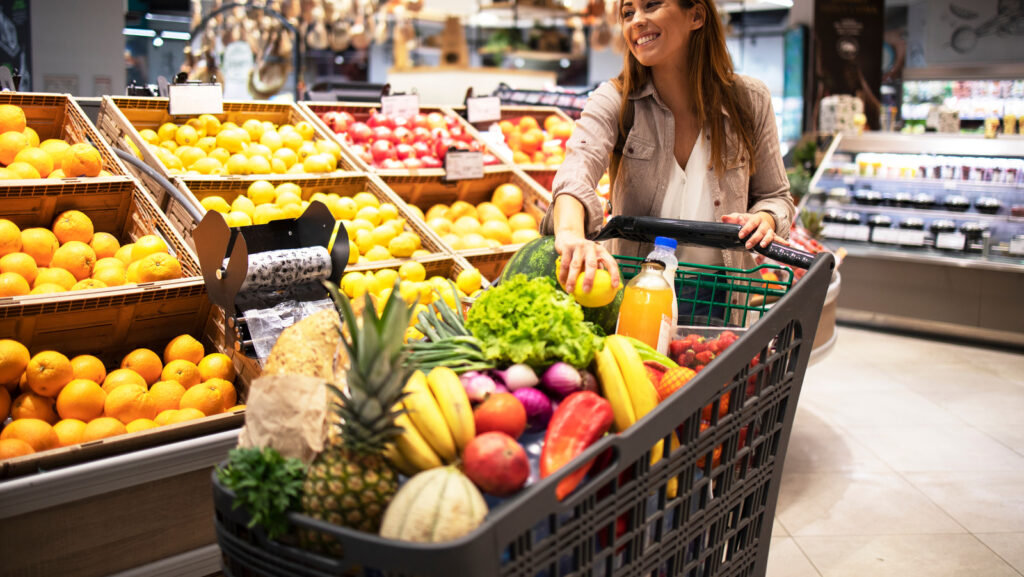The fact that some households and individuals do not accept money transfers goes against the inevitable trend in the process of global economic development.
Cashless payment by scanning QR codes through smartphones has become very familiar to people. In recent days, there have been many reports that some restaurants only accept cash, or when eating pho, the restaurant owner asks to transfer money and add 5,000 VND to the total bill. 5,000 VND is not too much money, but many customers will feel uncomfortable.
This is the common reaction of some business households, mainly in suburban areas or localities, to the change in lump-sum tax policy from June 1. Accordingly, business households with revenue of over 1 billion VND per year in some industries such as food and beverage, retail, etc. must use electronic invoices via cash registers connected to tax authorities.
Having just had to return to her hometown, Ms. Ngoc said that shopping for some items for her family was difficult because some stores refused to accept online payments.
Ms. Dong Thi Ngoc – Phap Van Urban Area, Hoang Mai, Hanoi said: “When I went back to my hometown, almost every grocery store I went to refused to accept QR codes. And I had to withdraw cash to pay, or not buy anything.”
Since the beginning of June, many small shops, grocery stores, coffee shops and even online sellers have started refusing to transfer money. However, this usually happens in some provinces outside of Hanoi.
Mr. Le Ngoc Duy – Owner of business household 14 Ong Ich Khiem, Ba Dinh, Hanoi shared: “There are some business households that want to avoid taxes by not receiving money transfers because they are afraid of leaving traces in the bank, which I think is not advisable.”
“Please don’t write down the purchase details”, surely recently many people will receive messages asking them not to write down the specific information of the goods they are buying and selling… when buying online. This is a so-called “circumvention of the law” when many online sellers have not registered their business or have not declared their taxes. They are worried that the tax department can collect and “trace” the cash flow of transactions through the bank, so they will text their customers when making a purchase or sale.
At many food and beverage service establishments in Hanoi, payment for services is still made in two forms: cash and online QR code as usual. However, many establishments have increased the price of goods if customers pay via QR.
The tax authority believes that, according to the Law on Tax Administration, the determination of taxable revenue of business households is not only based on bank transfers but can also be collected in cash and other forms of payment. However, the fact that some business households and individuals do not accept transfers is contrary to the inevitable trend in the process of global economic development.
Mr. Nguyen Tien Minh – Deputy Head of the Tax Department of Region I, Tax Department, Ministry of Finance commented: “In cases where business households and individuals collect cash for the purpose of avoiding or evading taxes, tax management laws have prescribed sanctions such as tax determination, penalties for false declaration, penalties for tax evasion, and even criminal prosecution”.
Cashless payments are bringing many benefits to people and creating transparency in the economy. In the long term, there must be sanctions regulating the mandatory transfer of money via accounts in many cases of buying and selling goods to help prevent budget losses and be one of the effective solutions to fight corruption.

